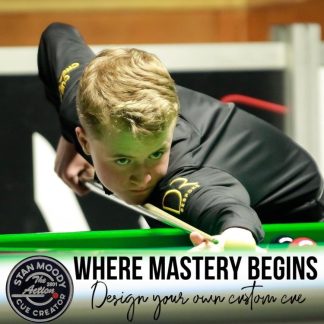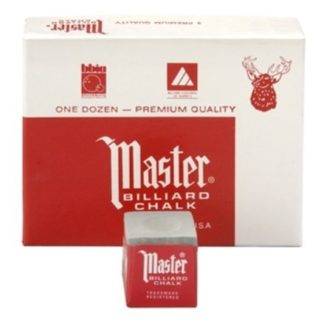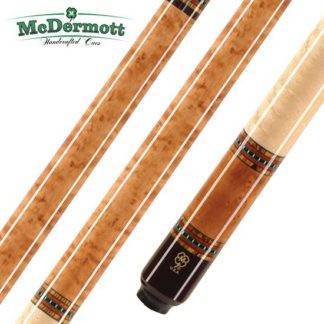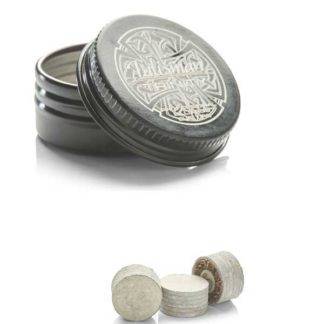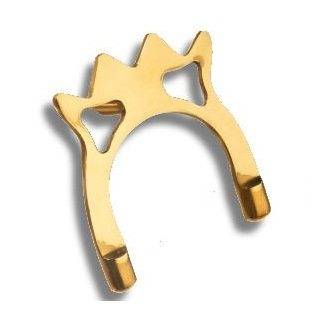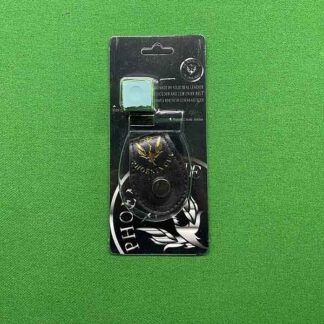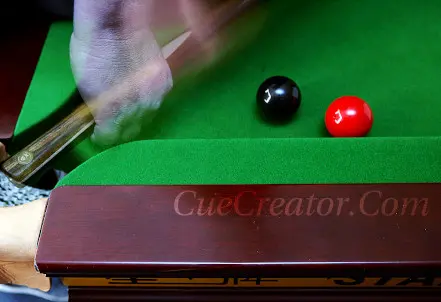
Cue Guide
So you’re after a new cue and not sure what you need? Hopefully through this guide it will give you a better understanding what to look for when you’re purchasing your cue. I have a large variety of Cues from both Peradon and other resellers all made to a high specification and to my requirements.
- The first things you need to consider is know what you’re using it for.
- So are you after a Snooker Cue an English pool cue or an American pool cue?
I’ll explain the differences below but the first thing I would recommend is purchasing a quality cue from the start as they will last a lifetime if you care for them.
There’s also a few other things to consider such as a one piece cue, two piece cue or a ¾ and that really depends on convenience and what cue sports your playing.
Snooker Cues:
Most snooker cues you will find are now all made to 58 inches in length and vary between 16.5 to 20 ounces. You can get a variety of tip sizes from 9 to 10mm generally with the most popular being around the 9.5mm to 10mm and not many players using below unless they have had the cue for a long time. When you go below 9mm you can lose strength in the shaft and also being a smaller tip side will also affect the cues performance. We can also offer a custom cue range of cues made to measure to your specs using cue wizard and then you can email me the specifications.
Most professional players use a ¾ cue which has a joint around the 16 inch mark with a balance point of the cue between 17-18 inches from the butt making it slightly forward balanced rather than a butt heavy cue.
The ¾ cue is more of a convenience factor than a 1 piece and two piece in the professional ranks hasn’t been around since the early 80’s. I don’t think it makes much difference but some feel the weight and shaft responds better in the ¾ and 1pc cues.
If you’re after the ultimate in snooker cues look at the Phoenix and World Cue Sports God Series.
Extensions:
Extensions are used mainly for snooker but also on some pool cues. Many Snooker and English pool cues have a butt end female joint to accept extensions and they are available in 6 inch,12 inch and 23 inch with the later to being adjustable.
I would recommend any Snooker player to purchase both the 23 inch and the 6 inch or all three as they become very useful as you become a better player and trying to get higher breaks. Much better to use your own cue than a club cue with a bad tip.
English Pool Cues:
English pool cues cover the use of 2 inch balls and are mainly played in Melbourne and Adelaide as well as England of course. With this game there are specific cues using 8mm to 8.5 mm tips and in both three quarter and also 3 piece. The 3 piece has a center joint like a 2 piece cue and also a quick release on the butt for awkward areas or certain shots.
Machined Spliced versus Hand Spliced:
The difference in both of these is that machine spliced cues are made in two separate pieces of timber and like prongs then glues together where a hand spliced cue there’s a lot more work.
In hand spliced the cue end or butt end it tapered and then decorative timber is glued on and then there’s a lot of work to get it back to what you see.
As far as strength a hand spliced cue would be stronger and as used by the professional players although if it was covered up I doubt any one would pick the difference so in my opinion is basically just the appearance and what people think is better.
American Pool
American Pool use another cue and you’re probably getting confused by now if you’re new to cue-sports.
With this game 2 ¼ inch balls are used which are much bigger than the snooker balls and heavier and if you used a snooker or English Pool cue you would either snap the shaft or damage the joints. With this game you need at least a 11mm to 13mm ferrule and tip due to the size of the balls. The American cues also have another type of ferrule which at the start of playing I thought was a gimmick but it really does seem to make a major difference.
You will also notice various different types of tapers with these cues and although they seem like they are whippy or move around a lot it is used in the cue action which is slightly different to that of snooker.
Most American pool cues are very technical in their construction with computer matched cross laminated shafts, inner cores and who knows may have a self potting button soon.
You really just need to pick a cue you like the look of in this range and expect to pay $300-$1000 after that it’s really just decoration rather than being a better cue.

